Diversity, Equity, and Inclusion
Medical Education
Trainee
Empowering Conversations: Using the Narratives of Storytelling to Cultivate DEIJ Values Within Pediatric Residency Training
-
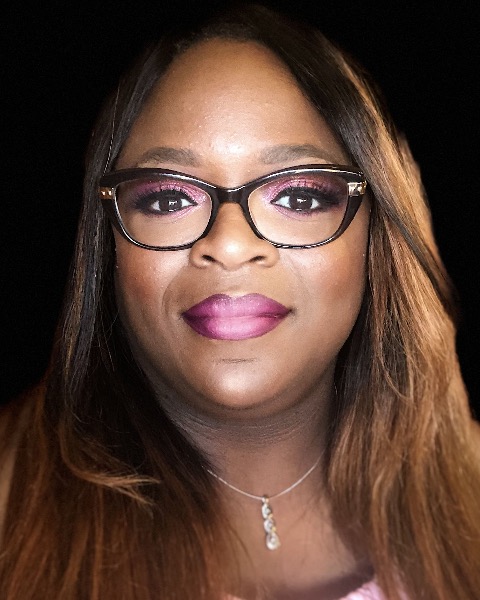
Oriaku Kas-Osoka, MD, MEd (she/her/hers)
Pediatric Residency Program Director
University of Arkansas for Medical Sciences
Little Rock, Arkansas, United States -
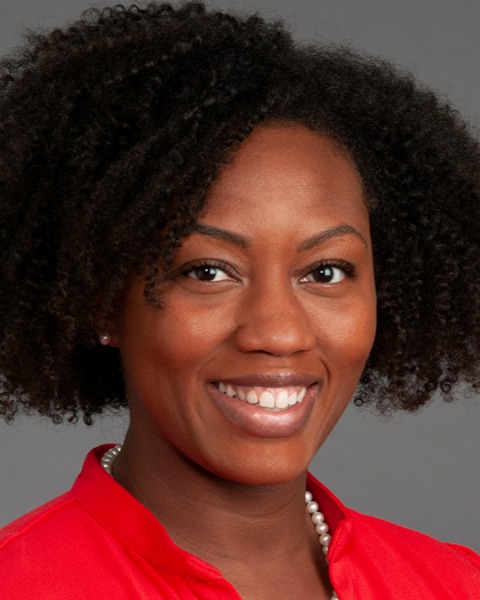
Cherece Grier, MD (she/her/hers)
Assistant Professor
Wake Forest University School of Medicine
Greensboro, North Carolina, United States -
AT
Andria Tatem, MD MED (she/her/hers)
Assistant Professor
Eastern Virginia Medical School
Norfolk, Virginia, United States -
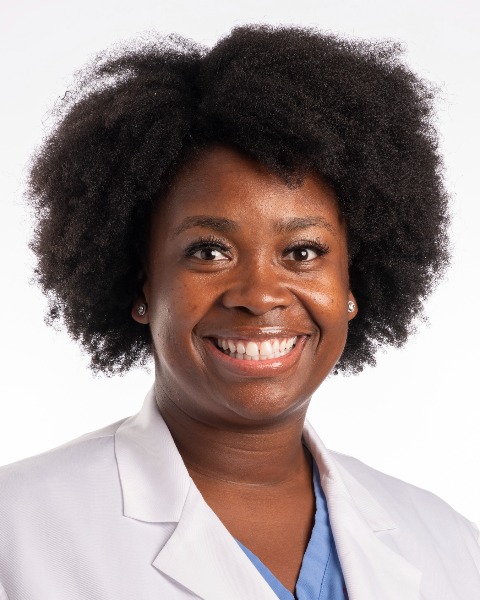
Carla Brown, MD (she/her/hers)
Associate Professor
University of Arkansas for Medical Sciences
Little Rock, Arkansas, United States -
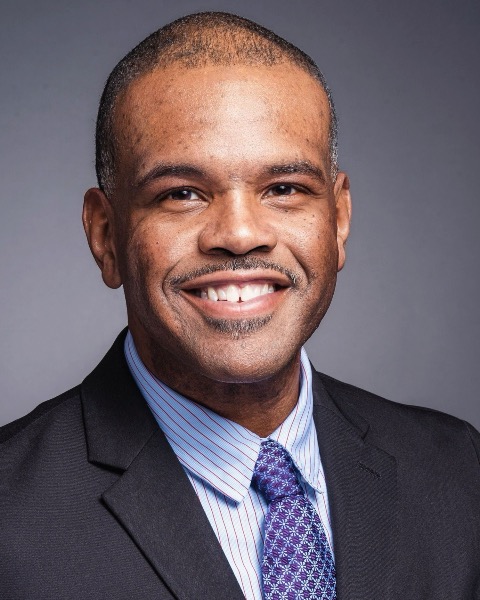
Tyree Winters, D.O. (he/him/his)
Clinical Assistant Professor of Pediatrics
Thomas Jefferson University Sidney Kimmel Medical College, United States -
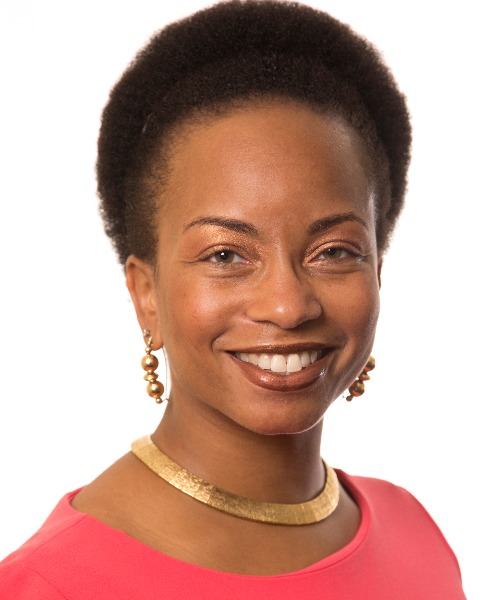
Tyler Smith, MD, MPH (she/her/hers)
Fellowship Program Director, Associate Dean of DEI, Associate Professor of Pediatrics
Children's Mercy Kansas City and the University of Missouri-Kansas City School of Medicine
Kansas City, Missouri, United States -
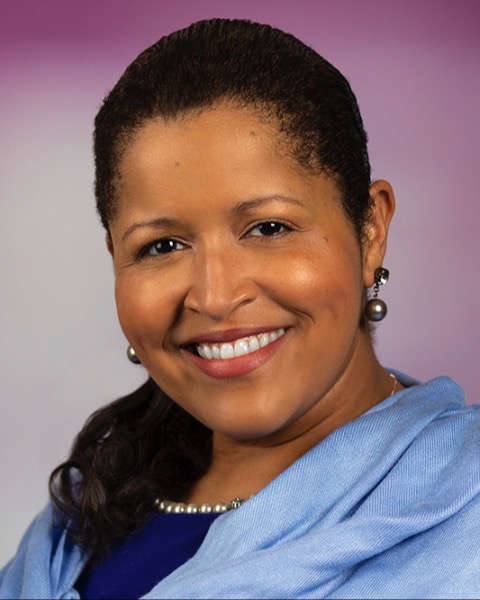
Brandi Freeman, MD, MS (she/her/hers)
Associate Professor
University of Colorado School of Medicine
Aurora, Colorado, United States -
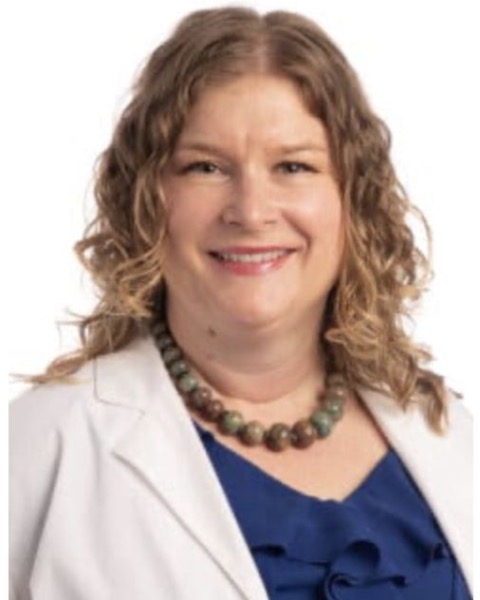
Kelly Curran, MD/MA (she/her/hers)
Vice Chair of Education of Residents and Medical Students
University of Arkansas for Medical Sciences College of Medicine
Little Rock, Arkansas, United States -
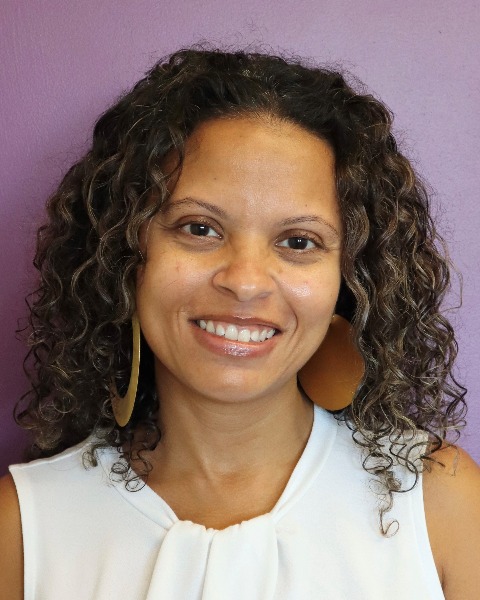
Jessica Reid-Adam, MD, MSCR (she/her/hers)
Professor, Pediatrics (Nephrology) and Medical Edcuation
Pediatric Nephrology
Icahn School of Medicine at Mount Sinai
New York, New York, United States
Leader(s)
Co-Leader(s)
Workshop Description: Diversity, Equity, Inclusion, and Justice (DEIJ) are essential in pediatric care, ensuring that all children receive culturally competent and unbiased treatment. However, integrating DEIJ into daily practice can be challenging, especially for trainees mastering clinical skills.
Storytelling emerges as a powerful educational tool, effectively conveying complex ideas and fostering emotional connections. Research indicates that storytelling enhances memory retention, empathy, and active listening—key skills for trainees. It allows them to engage with the experiences of diverse patient populations, recognize biases, and understand the social determinants of health. By sharing and reflecting on stories, trainees can better grasp the challenges faced by historically marginalized communities and learn to apply DEIJ principles in their clinical practice.
This workshop will utilize storytelling to bring DEIJ concepts to life, helping trainees internalize these values for their interactions with patients and colleagues. After introductions, a brief didactic session will educate participants on using storytelling as an innovative teaching method. Attendees will engage in a simulated storytelling experience centered on DEIJ concepts, followed by small group discussions to develop similar sessions based on identified DEIJ principles. Each group will present their ideas, leading to a larger debrief on barriers and an action plan for implementation.
Participants will leave with templates for storytelling sessions and a curated repository of books and stories to enhance DEIJ education in their institutions. The workshop aims to empower both trainees and educators in their commitment to DEIJ in healthcare.
Learning Objectives:
- Discuss how storytelling can convey complex DEIJ concepts, enhance empathy, and improve patiet care.
- Create a storytelling experience that explores DEIJ concepts and identifies key challenges, emotions, and lessons learned.
- Identify specific, actionable steps to utilize these tools at your home institution.

